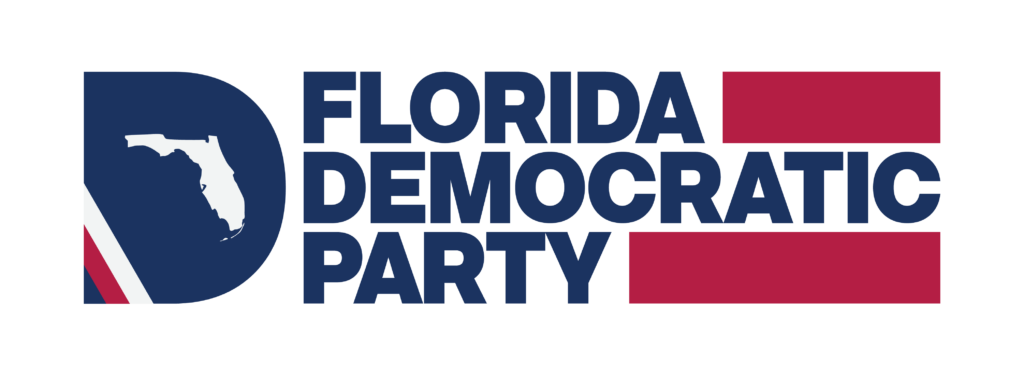In the News
Two Local Business Owners Tapped by Romney to Speak Out On Obama Have Bios That Contradict Message


Key Point: “One problem with having Ramos and Smith, both registered Republicans, as speakers on this topic: they both said they didn’t see the entire Obama speech that they find so personally insulting… But the other, more puzzling problem the two have for this particular Romney message is that rather than wanting to get out of the way of big government, Smith and Ramos have embraced it and benefitted from it greatly. They just won’t admit it.”
Tampa Bay Times: Two local business owners tapped by Romney to speak out on Obama have bios that contradict message
JULY 25, 2012
TAMPA — Two local business owners the Mitt Romney campaign tapped on Wednesday to speak out against President Barack Obama and government interference couldn’t have been more contradictory choices to speak out on the topic.
The point of the 11 a.m. news conference was to stress that small business owners succeed because of their own grit and determination and don’t need government to do it. It’s part of a Romney campaign line of attack that’s tring to capitalize on comments Obama made in July 1 3speech. Obama was talking about how even the most successful business owners didn’t do it completely alone, that they were helped by others, including those in government.
The Romney campaign is using a snippet of the speech to suggest that Obama is instead saying that government is solely responsible for the success of private busines owners. That’s not so. Obama isn’t anywhere close to saying that. But in TV ads, that’s the point Romney is making.
And it appears to be working. The line of attack spread Wednesday to 24 events in swing states across the country, from Columbus, Oh., to Palm Beach and Raleigh, N.C. In Tampa, the campaign spotlighted Rebecca Smith, owner of the construction company A.D. Morgan Corp., and Lou Ramos, owner of Value Enterprise Solutions, an information technology company.
“None at all,” Ramos said, when asked what role government have fed into their success.
“I was asked the other day on whether I feel government doesn’t support small business,” Smith said. “And I think the answer is resounding. Not only does (Obama) seem not to understand business, and he doesn’t seem to want to accord the business leadership with the credit of making the choice to lead and risk in starting a business, I would go one step further and say that our president seems to oppose the success of small business.”
One problem with having Ramos and Smith, both registered Republicans, as speakers on this topic: they both said they didn’t see the entire Obama speech that they find so personally insulting. Ramos said he later read the complete trancript, but couldn’t remember from where he got it. Smith acknowledged she saw only news reports of the speech, either on NBC or FoxNews.
But the other, more puzzling problem the two have for this particular Romney message is that rather than wanting to get out of the way of big government, Smith and Ramos have embraced it and benefitted from it greatly. They just won’t admit it.
The A.D. Morgan Corporation employs 50 people and has annual revenues of about $80 million, according to its website. The company lists more than 130 projects and developments. Impressive, no doubt. But the list is nearly all government projects. (One of the few not to be: the Poynter Institute for Media Studies). From the Sumter County jail expansion, Woodlawn Elementary School, the library at the University of South Florida St. Petersburg, interior sign at James Haley Veterans Hospital, the Plant City Courthouse, a Florida Department of Transportation weigh station, the projects that have made A.D. Morgan the success it is have been government, big and small, state and local.
Smith didn’t see that as a contradiction to her message that government didn’t help her.
“We’re not going to have an opportunity in the private sector, they have a tendency to use lump sum, low bid,” Smith said, explaining how government bids work. “So by virtue of what it is that we do, we go to the client base that purchases construction services that way.”
And by client, she means government. So doesn’t she benefit from government spending because of her business model?
“So are you saying that if the government purchases anything from Microsoft, Microsoft would be nothing but for the government?” she said. Of course, government and the private sector bought Microsoft products, making it the success that it was. With her business model, it’s almost exclusively public projects.
Asked again about her heavily reliance on government work, Smith got all post-modern.
“We’re all government,” she said.
As for Ramos, his company’s Facebook page describes Value Enterprise Solutions as “providing value added service/education to businesses, local government, federal government, Department of Defense, and industry contract organizations.”
So his company also gets government work, just like Smith’s. His company’s website also describes it as a “minority/service disabled veteran owned small disadvantaged business.” That’s a designation that’s not recognized in the private sector. but with the federal government, that designation affords companies a special status so they can be the sole bidder on a project.
Asked if he was getting government assistance in this case, Ramos said the website is wrong. He doesn’t have that status, although he’s been trying to get it. In the Air Force for 24 years, Ramos dismissed the role it played in providing him the training and expertise to run his business today.
“It wasn’t handed to me,” Ramos said. “I worked my butt off. My military experience taught me integrity. But that didn’t come from the government.”


